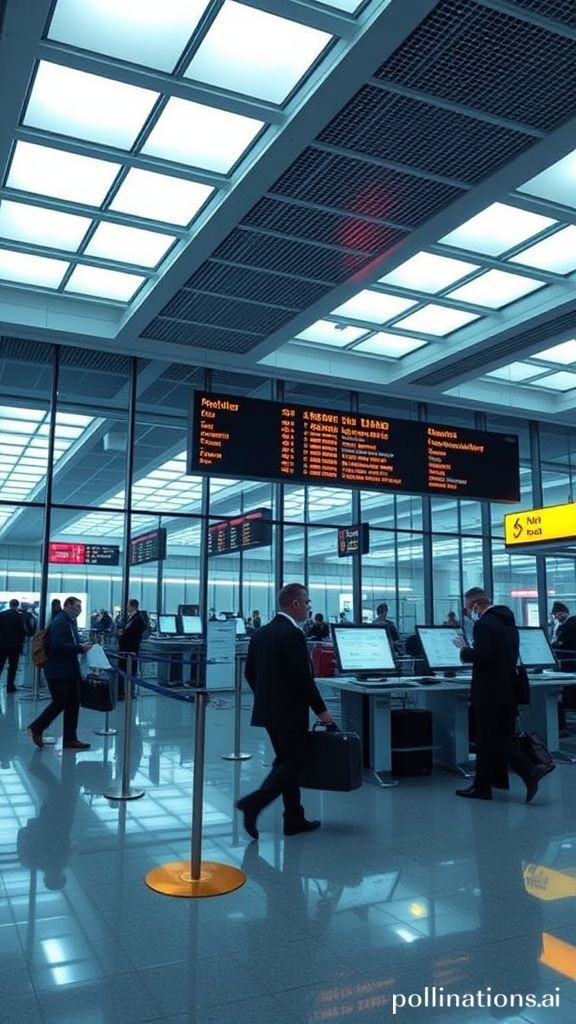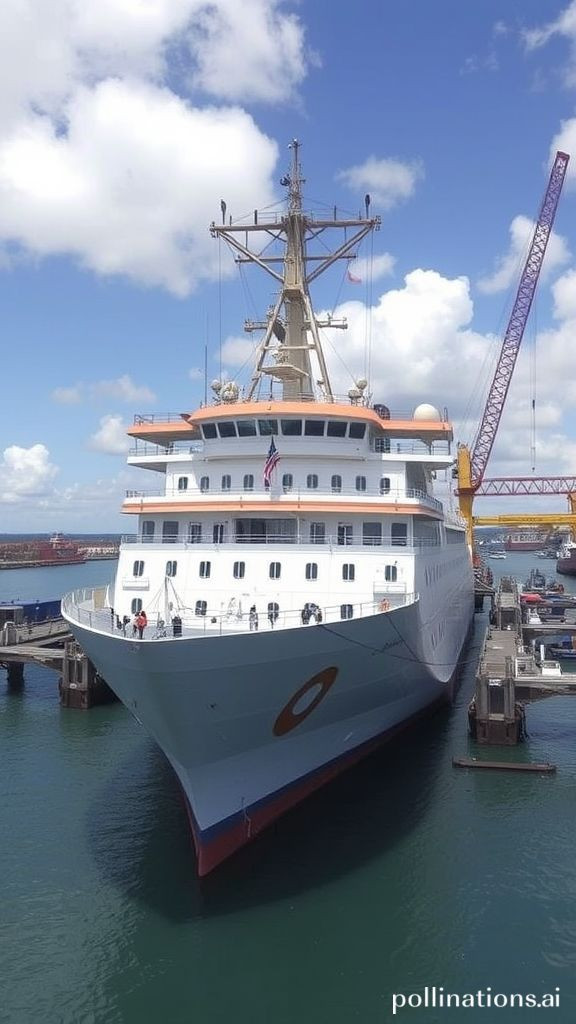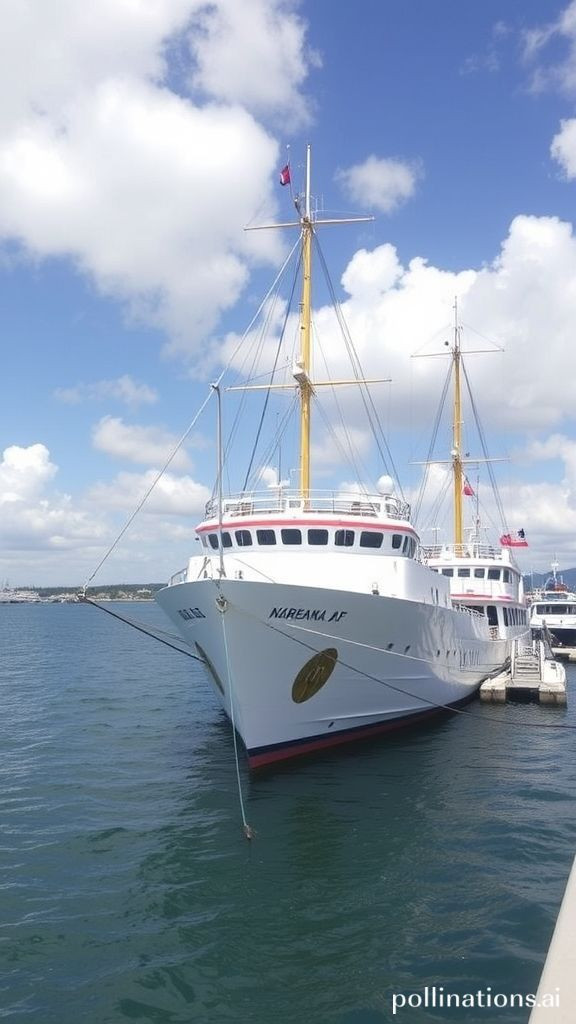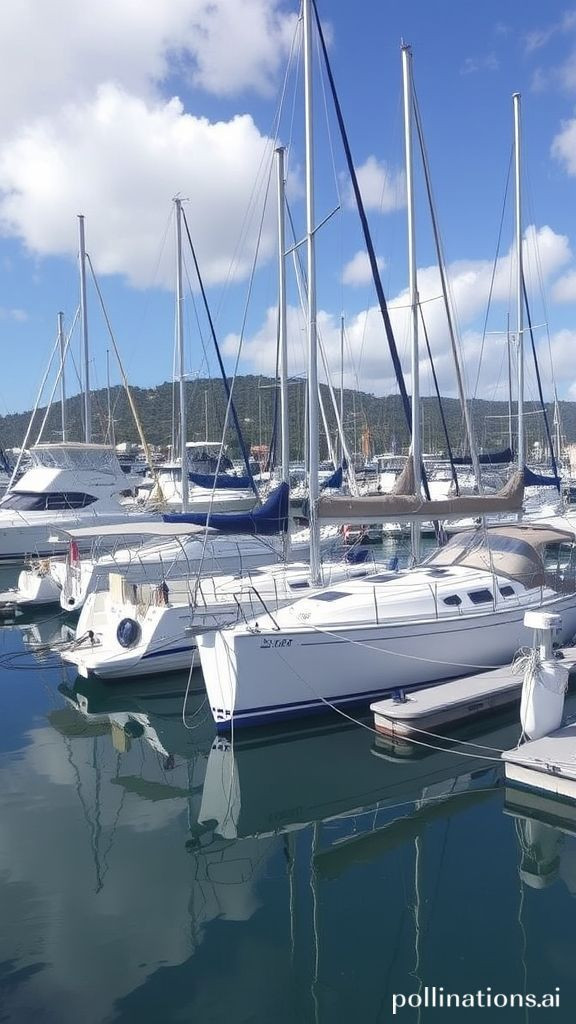
Magna Carta for delivery riders pushed
Magna Carta for delivery riders pushed

Magna Carta for Delivery Riders A New Era of Safety and Representation on Our Roads?
As the demand for delivery services continues to grow, so does the need for a safer and more efficient transportation system. In this post, we'll explore five key insights that can help shape a Magna Carta for delivery riders, ensuring their safety, representation, and overall well-being.
I. Institutionalizing Road Safety Education A Foundation for Change
The first crucial step in establishing a safe transportation system is to provide comprehensive road safety education to all drivers, including motorcycle riders and tricycle operators. This can be achieved through regular training sessions, workshops, and online courses that emphasize proper safety protocols. By doing so, we can significantly reduce accidents and fatalities on our roads.
II. Establishing Clear National Standards A Level Playing Field
To ensure a safe and efficient transportation system, clear national standards must be established for motorcycle taxis. This includes requirements for vehicle maintenance, driver training, and passenger safety. By setting these standards, we can create a level playing field for all operators, ensuring that everyone is held to the same high standards of safety and service.
III. Designing Infrastructure with Vulnerable Road Users in Mind
The third key insight is that infrastructure must be designed with vulnerable road users in mind. This includes creating dedicated bike lanes, pedestrian paths, and motorist corridors that prioritize safety over speed. By doing so, we can create a transportation system that values human life above all else.
IV. Strengthening Enforcement Mechanisms Holding Operators Accountable
To ensure compliance with road safety regulations, stronger enforcement mechanisms are needed. This includes increasing the number of traffic enforcers on our roads, implementing more effective monitoring systems, and holding operators accountable for any violations. By doing so, we can reduce accidents and fatalities on our roads.
V. Recognizing Informal Transport Workers Formal Training and Benefits
The fifth and final key insight is that informal transport workers, including motorcycle riders and tricycle operators, must be recognized as vital contributors to our transportation system. By providing them with formal training, certification, and benefits, we can help reduce accidents and fatalities on our roads while also improving their overall well-being.
In conclusion, the establishment of a separate Magna Carta for delivery riders and tricycle drivers is essential for creating a safer, more efficient, and more equitable transportation system. By institutionalizing road safety education, establishing clear national standards, mandating infrastructure for vulnerable road users, strengthening enforcement mechanisms, and recognizing informal transport workers, we can create a brighter future for all on our roads.
Exculpation In this context, exculpation refers to the act of clearing or absolving from blame or guilt. By acknowledging the importance of safety education, training, and infrastructure, we can help absolve ourselves of responsibility for accidents and fatalities on our roads.
By implementing these key insights, we can create a new era of safety and representation on our roads, ensuring that delivery riders and tricycle drivers are valued and protected as they contribute to our transportation system.






